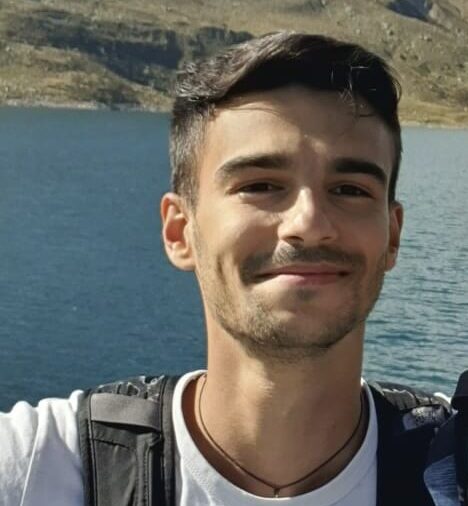
Gabriele Bressanini
Imperial College
Gabriele Bressanini (Italy) graduated from “Università degli Studi di Milano” (Milan, Italy), where he received his Bachelor’s degree – with honours – in Physics in 2019 and his Master’s degree – with honours – in Physics in 2021.
During his studies, he developed strong mathematical foundations and specialized in theoretical quantum information and quantum optics, paying particular attention to continuous variables quantum systems. His main interests lie in quantum technologies, focusing on quantum metrology and quantum simulations.
Gabriele Bressanini conducted his Master’s thesis, titled “Multi-parameter estimation theory in Gaussian systems”, under the supervision of Professor Matteo Paris and Professor Marco Genoni. The goal of the project was to compute the ultimate bounds to the simultaneous estimation precision of the parameters that characterize general classes of – experimentally viable – pure Gaussian states. The project included the proposal of quantum optical measurement protocols needed to achieve the above mentioned precision bounds.
In the past Gabriele Bressanini worked on continuous-time quantum walks, where he investigated how decoherence affects the dynamics of a quantum walker moving on a graph in terms of a measure of non-classicality.
Currently, Gabriele Bressanini is working on the AppQInfo project “Analogue quantum simulations using photons”. He moved from Italy to the United Kingdom to join the Controlled Quantum Dynamics research group at Imperial College London, supervised by Professor Myungshik Kim. The goal of the project is to use currently available photonic systems to show quantum advantages and to propose protocols to be utilized in near term photonic quantum simulators to tackle problems in quantum optimization and quantum chemistry. The project includes a theoretical proposal for the generation of a useful network of entangled photonic states using single photons and squeezed states, and the identification of applications where such state can be an eigenstate of the Hamiltonian of a system of interest.
When he is not working on anything quantum-related, Gabriele enjoys going to art exhibitions, cooking and travelling the world every time he has the occasion to do so.
